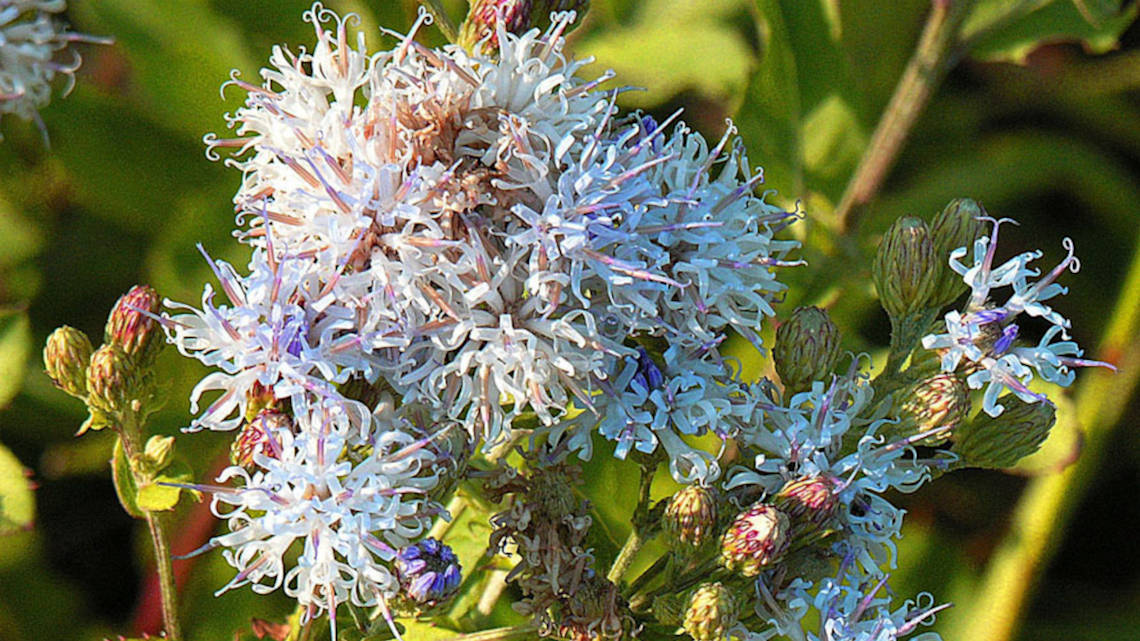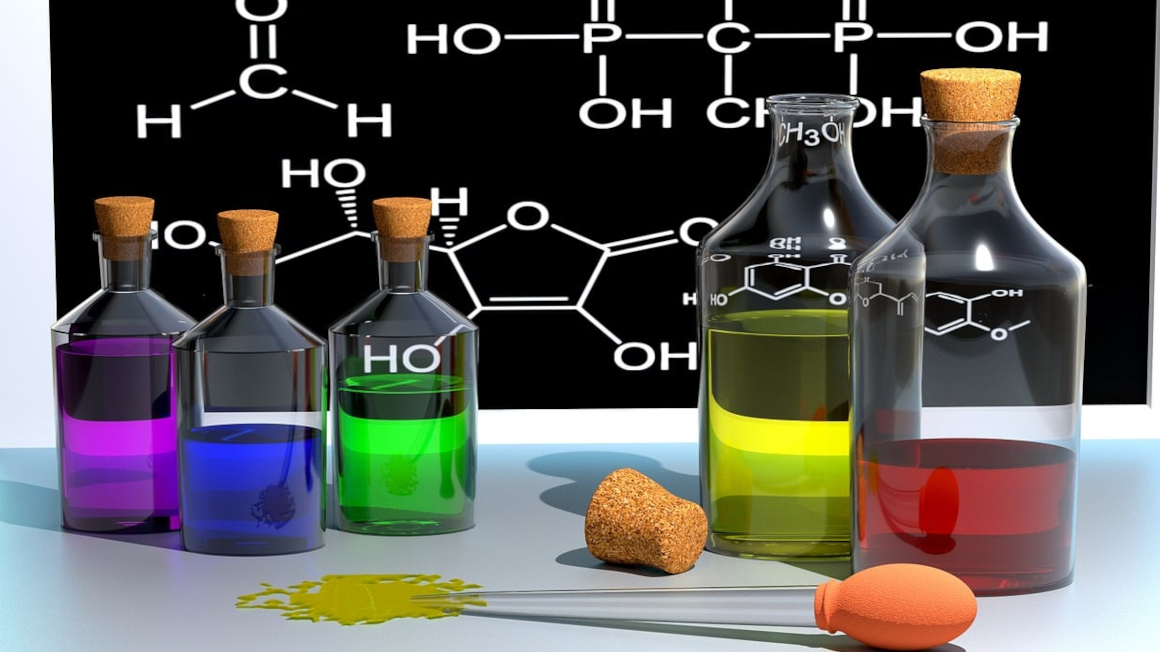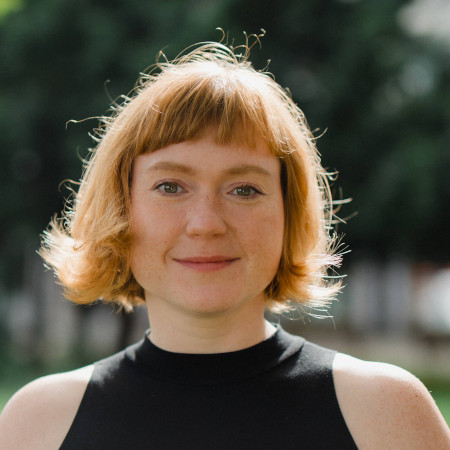Green chemistry from ironweed
A German-Ethiopian research cooperation aims to develop catalysts for the sustainable use of fatty oils from the seeds of Vernonia galamensis.

It belongs to the sunflower family, grows in Africa as a wild plant and is considered by many to be a weed: Vernonia galamensis, commonly known as ironweed. But the plant that can only grow along the equator has attractive properties: Its seeds contain a high proportion of unsaturated epoxidized fatty acids, which can account for up to 80% of the oil content in some Ethiopian species. Researchers at the Max Planck Institute for Chemical Energy Conversion in Mülheim an der Ruhr now want to produce special "green" plastics from this vegetable raw material. The project partner is the Ethiopian University of Addis Ababa.
Catalysts for biodegradable plastics
"We are planning mutual research visits for doctoral students and technical staff at both institutes in order to establish contacts and create a scientific and intercultural exchange," explains MPI Director Walter Leitner. Scientifically, the team doesn't have to start from scratch, because vernonia oil is already used in the production of adhesives, paints and varnishes. The research cooperation now wants to develop catalysts that can be used to produce biodegradable plastics and adhesives from the oil of Vernonia galamensis.
Potential for Ethiopian economy
"If one can prove that sustainable products can be produced from the supposed weeds, this would not only be progress in the field of green chemistry but also a lucrative export product for Ethiopia," hopes Yonas Chebude, head of the Faculty of Chemistry in Addis Ababa. Although there is already great demand for vernonia oil, there is still no commercial cultivation in Ethiopia.
Privately financed
Initially, the project is limited to one year and is financed by a private donor. "Supporting this promising project is a matter close to my heart," she says, "If sustainable products can be made from Vernonia galamensis, this would greatly benefit Ethiopia, because research and production would take place locally."
bl/um


